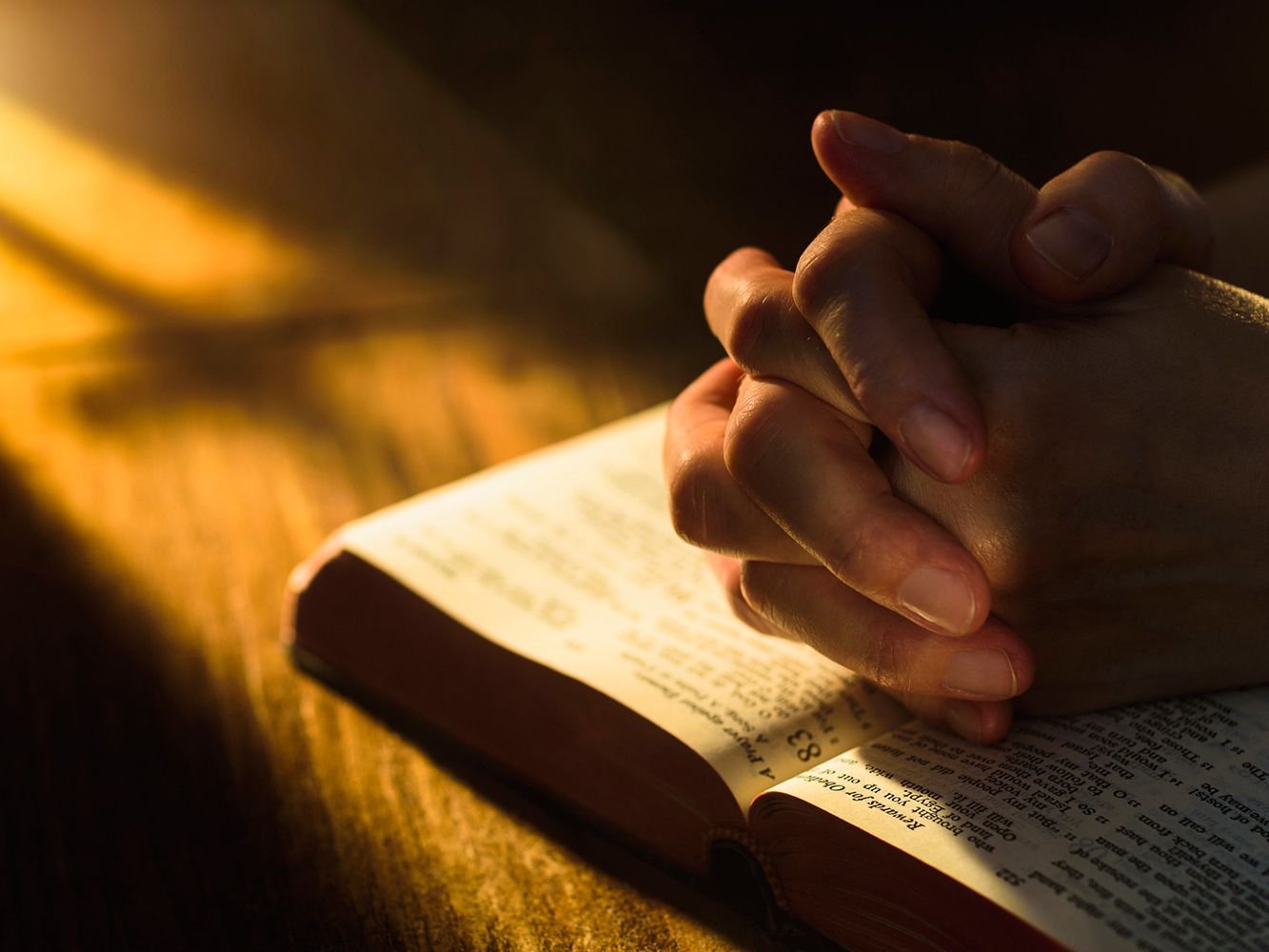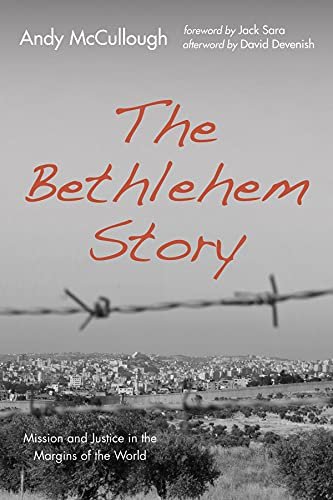
Articles

HOW SHOULD WE PRAY FOR ISRAEL? (4) Andrew Larkin
How then should we pray for Israel? I have six suggestions to fuel our prayers. I am sure there are many more.

HOW SHOULD WE PRAY FOR ISRAEL? (3) Andrew Larkin
Between the two views outlined in the previous post lie varying ones in between. This includes those who believe what happens to Israel in the present is significant (without combining biblical and political Israel); those who see the land as significant based on the promises made to Abraham and fulfilled under David and Solomon; and those who believe, in the future, many Jews will turn to Jesus. Some people believe one of these things; others all three.

HOW SHOULD WE PRAY FOR ISRAEL? (2) Andrew Larkin
Around 15 years ago I heard well-respected pastor and teacher, John Hosier, give a helpful overview on five different views people in the church take on Israel. Whilst I cannot remember all five positions, or the details of each, John’s outlook (as with so much of his material) has helped my thinking.

HOW SHOULD WE PRAY FOR ISRAEL? Andrew Larkin
Following the events of Saturday when Hamas launched its attack on Israel, people have reacted with horror and outrage regarding what has happened; and concern about will happen next.

WHAT SHOULD WE BELIEVE ABOUT CREATION? PART 4 Andrew Sampson
The experience that many people have when they open the pages of the Bible is akin to finding yourself dropped in a foreign land without so much as a Lonely Planet guide to depend on. It is a profoundly disorientating experience. It is not that the people themselves are so very different to the people you know back at home. Human nature is much the same whether you’re in a major industrial centre in the west or a quiet rural village in the east. It is the way that people see the world which changes, as well as the ways in which they make themselves understood.

WHAT SHOULD WE BELIEVE ABOUT CREATION? PART 3 Andrew Sampson
We’ve now reached the point where we can compare the biblical story of origins with its modern, scientific counterpart.
The task is complicated a little by the fact that the Bible doesn’t include one story of origins, but two. The first, in Genesis 1:1-2:3, adopts a sort of wide-angle lens: its concern is with the formation of the cosmos and with the whole of humanity. The second, in Genesis 2:4-25, focuses on what happens in a particular place with a particular man and woman.



6. And lead us not into temptation, but deliver us from the evil one. (Matthew 6:13)
We have a very real enemy, the devil, Satan. He prowls around like a roaring lion looking for someone to devour. He knows our weak spots; he knows the buttons to press and he is a very real source of temptation. He is powerful. Yet, he is a defeated foe and his power to accuse us has been broken.

5. And forgive us our trespasses, as we forgive those who trespass against us. (Matthew 6:12)
To trespass is to speak of causing offence or being offended. The reality of church life is we are going to offend others, and be offended ourselves in many ways. We will all have a decision to make here. Will we hold a grudge or will we forgive the person who has offended us?

4. Give us this day our daily bread. (Matthew 6:11)
When lockdown first happened in 2020 it suddenly made many of us a lot more grateful for some of the things we often take for granted in life and yet are the things we really need and would struggle without. Food, shelter, clothing, the weather. We can so easily get wrapped up in things that we forget what really matters and what we really need.

3. Your kingdom come, your will be done, on earth as it is in heaven. (Matthew 6:10)
The Bible talks about the kingdom of God and the kingdom of heaven. Most people think Matthew speaks of the kingdom of heaven so as not to use the name “God” and offend his audience, but he uses “God” elsewhere in the gospel.

2. Hallowed be your name (Matthew 6:9)
“Hallowed” is a word we do not use that much anymore. It essentially means “holy” or “consecrated” – to be set apart.

1. Our Father in heaven (Matthew 6:9)
God is a Father. He never became one, He always has been and always will be. He is a Father because He has always had a son, the Lord Jesus Christ.

The Prayer Jesus Taught Us
In Luke 11:1 we read, “One day Jesus was praying in a certain place. When he finished, one of his disciples said to him, “Lord, teach us to pray, just as John taught his disciples.” The disciples would have grown up praying regularly, this was not a new thing…but the way Jesus prayed made them realise it was as if they had not even begun to start.

Different ways into Narnia
As a child I made some of the connections between Aslan and Jesus as, the writer, C.S. Lewis intended. I understood the links we were to make with Aslan giving himself for Edmund; his return to life as “the table would crack, and death itself work backwards”; the “other name” the children would learn to call Aslan in our world; Aslan’s country and the “Real Narnia” and the “Real England” at the end of the Last Battle. As I have reread them over the years other parallels, motifs and themes that are supposed to point us towards Jesus and Christian story have become more evident…

What was Jesus doing on Easter Saturday?
BIBLICAL THEOLOGY
What happened on Easter Saturday? We don’t often talk about what was going on between Good Friday and Easter Sunday, so what was happening? The answer traditionally has been that Jesus descended into the dead. This is what “The Apostle’s Creed” teaches when it says “he descended to the dead”.

The Bethlehem Story
Book Review
There is much to commend in this book, with so many insights, lightbulb moments, and sentences of beauty. Each reader will be struck by different things but I was particularly struck by the dynamics surrounding Benjamin and Judah within Israel’s history.

How does Calvin ground his marks of a true church biblically?
Church History
Book IV of Calvin’s Institutes is entitled “The External Means or Aids by which God invites us into the society of Christ and holds us therein”. As such it works through “the church, its government, order and power; then the sacraments; and lastly, the civil order”. As John T. McNeil comments in the footnote, “Book IV is outlined in this sentence.” In short, Book IV is about the church.

Evidence for the resurrection
APOLOGETICS
It was Sherlock Holmes who once said, “…when you have eliminated the impossible, whatever remains, however improbable, must be the truth.” For many the central claim of Christianity, the resurrection of Jesus Christ, goes against the grain of all logic with its claim that a man has not just come back from the dead having been resuscitated but has gone through death and out the other side and will now live forever. Many might scoff at this but the evidence for the resurrection is compelling.

